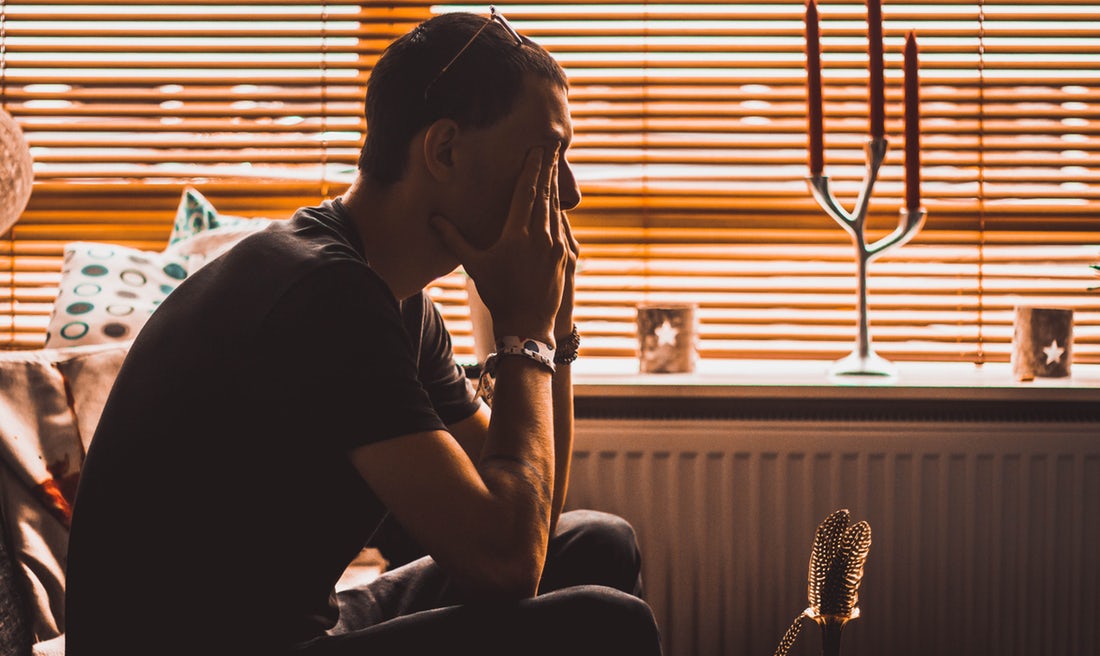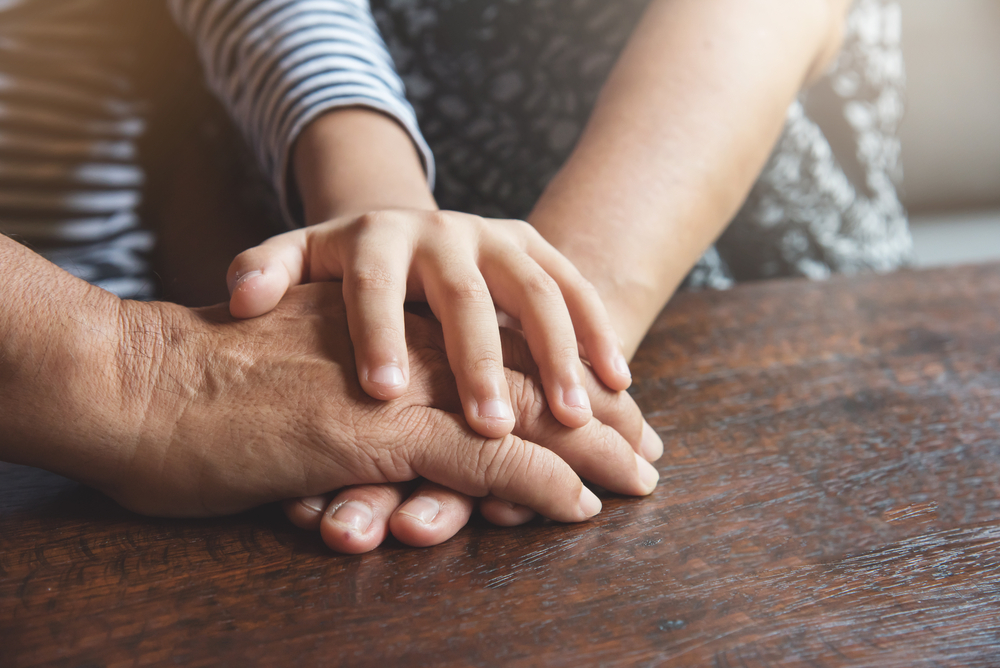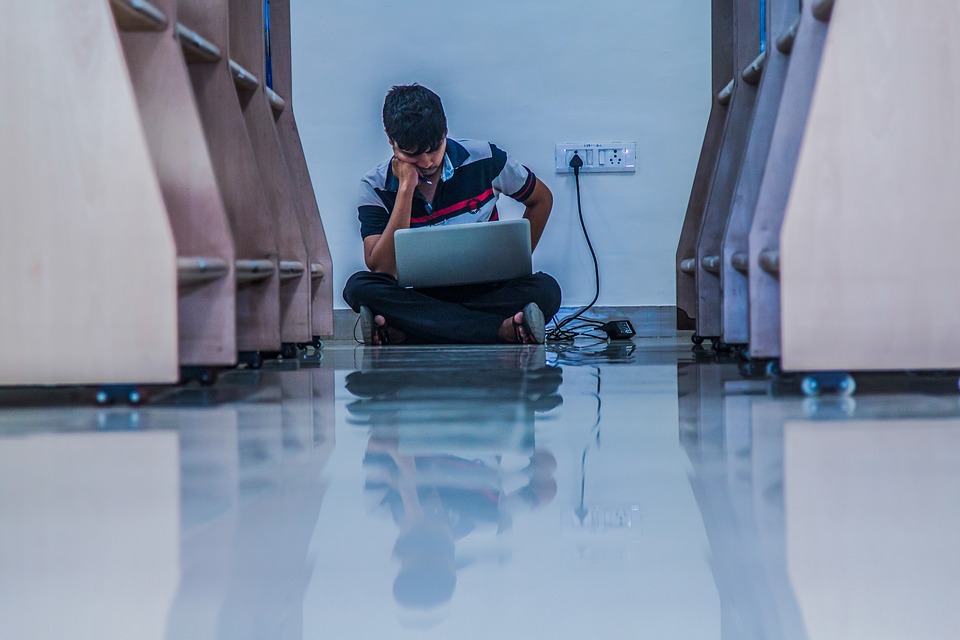Muslim Youth
The Dangers of Social Media for Children: An Islamic Perspective
In today’s digital age, social media has become an integral part of daily life, influencing how
people interact and consume information. However, for children, excessive social media use
poses significant risks to their physical, emotional, and spiritual well-being. As Muslims, it is
imperative to consider the impact of social media and take proactive measures to protect our
children from its harmful effects.
Suicide Postvention – Crisis Response Summary
Suicide is a human condition. As such, Muslims are not immune to mental health challenges, mental illness, and suicidal ideation. The Institute for Muslim Mental Health coordinated and hosted an emergency Meet the Expert Pro-Series webinar on Thursday, April 8th 2021 in response to a mental health crisis in the Muslim community. The Pro-series webinars are geared towards Muslim mental health practitioners and community faith leaders. This article summarizes the key learning points of Dr. Rania Awaad’s webinar presentation.
Read MoreMastering Mentoring Series Part Two: Traditional Versus Emerging Models
Mentoring is characterized by the bidirectional exchange of knowledge and skills to promote professional growth and personal gratification. Through meaningful partnerships in learning, Muslim mental health professionals are well equipped to support students, trainees, young professionals and peers. This article provides an overview of Mentorship, Coaching, and Supervision as conceptual learning frameworks supported by evidence-based literature.
Read MoreMastering Mentoring Series Part 1: Back to Basics
A successful mentorship is a partnership in learning – individuals committed to helping one another become fuller versions of themselves. It is a joint venture of sharing responsibility for learning. Good intentions, however, are not enough. Effective mentoring takes time; and in the mentor relationship, time is currency. Mentors donate time – time that could be used to pursue one’s own career goals or to install a new backsplash- to someone else’s career development. Incorporating mentor-specific time management techniques, aligning expectations, and clarifying boundaries gives mentors the ability and availability to contribute to the mentoring partnership in a meaningful way. Consistency, efficiency, and mutual benefit is the best way to ensure the mentorship enjoys a healthy, purposeful existence.
Read MoreExploring the Darkness: Self-Harm and Drug Use in Muslim Youth
Stigma surrounding mental health is something that every community deals with, even in this current day and age. These stigmas are even more pronounced in traditional religious communities where mental illness gets chalked up to supernatural entities. As a result, many individuals in Muslim communities, especially the youth, do not get the attention they need in order to properly and safely tackle mental health issues. Two issues that are relevant in the lives of many Muslim youth today are self-harm and substance abuse. These two issues, already a serious global health and medical problem affecting people of many backgrounds, are highly stigmatized within Muslim populations. This leads to a lack of self-reporting and subsequently, a lack of treatment for those harming themselves physically or through repeated drug use.
Read More“Here For You” – Naseeha Mental Health
For Naseeha Mental Health, ‘here for you’ is more than just a social media hashtag. It reflects Naseeha’s nearly 15-year presence as the first line of contact for mental health services for the North American Muslim Community.
Read MoreBehind Closed Doors: Porn and Young Muslims
There is a lack of education and available resources for addressing sexuality with young Muslims in an age-appropriate manner and through an Islamic lens. This becomes worrisome when students are opted out of sex-education classes at school with no alternative education at home or in Islamic institutions. Muslim parents are not fully equipped to have the ‘birds and the bees’ talk with their children and this becomes problematic when curiosity outside the classroom leads to the dark web.
Read MoreFamily Youth Institute Suicide Kit: A Resource for the Muslim Community
Since the publication of The Family and Youth Institute (FYI) Suicide Prevention and Intervention Resources in September of 2017, over 6000 people have accessed the Suicide Prevention and Intervention Resources on the website and almost 25,000 have accessed them through social media outreach. Mosques and community centers are starting to address suicide and mental health issues in programming and Friday sermons. As Sheikh Yaser Birjas mentioned in a Friday sermon this past September, “We live in one society, we are not immune. Cultural shame leads people to feel isolated. There is no shame in seeking help. It is obligatory if you need help or know someone who does that you should seek it [professional help].”
Read MoreResources for Muslim Youth
Living in the digital age with a 24-hour news cycle and global political unrest makes it difficult for teenagers to unplug when tragedies occur. It can be tough for youth to emotionally distance themselves from certain events especially if it feels like their identities are under attack. Young people today also face new challenges when it comes to harassment due to the rise of social media. Outlets such as Facebook and Twitter can often be a hotbed for hate speech.
Read More








